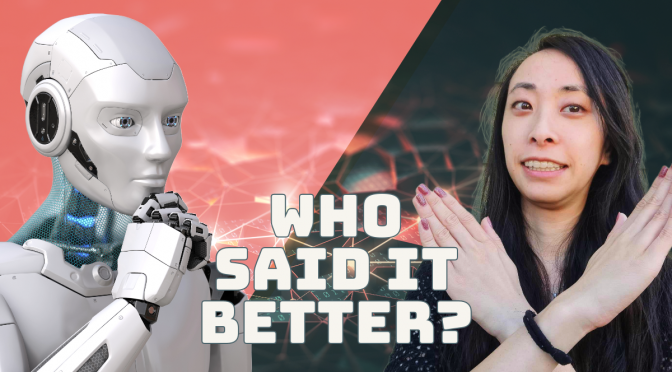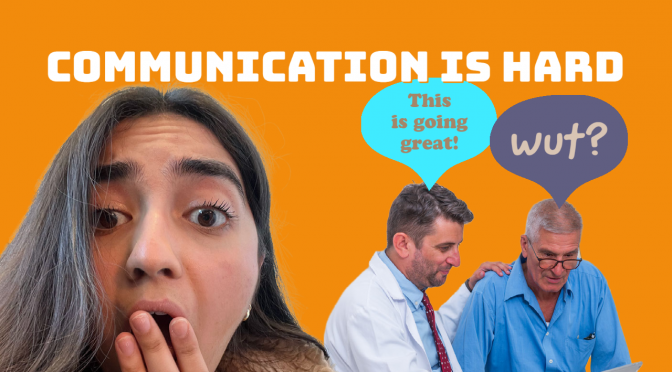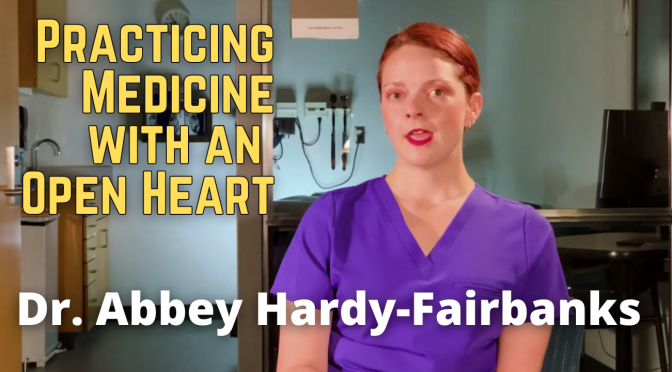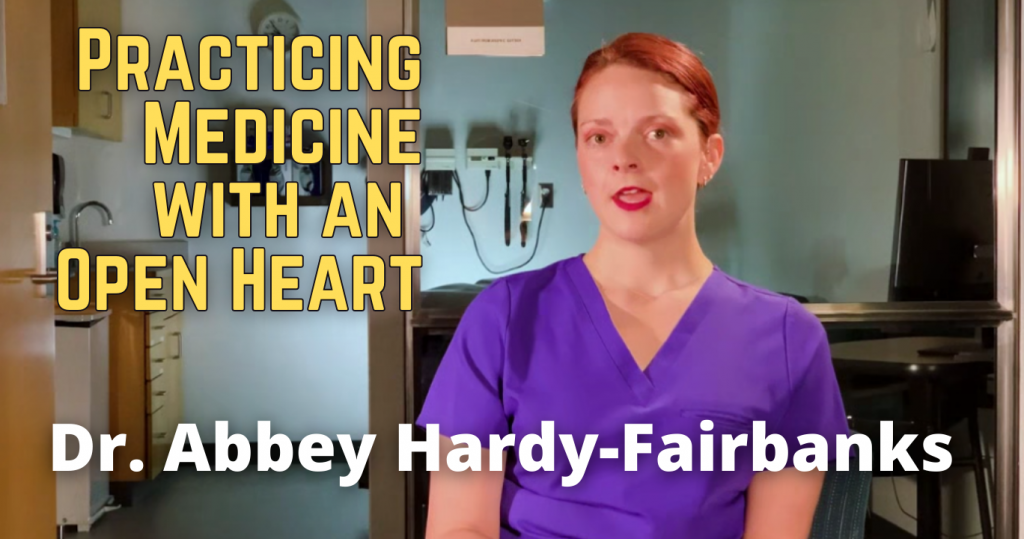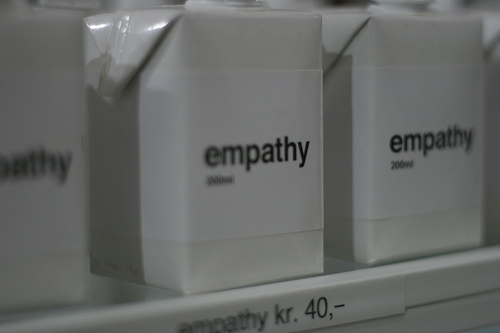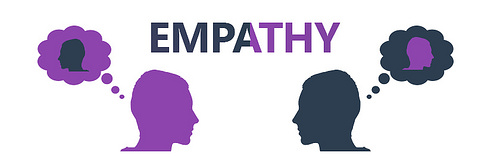Podcast: Play in new window | Download (Duration: 1:09:38 — 63.8MB)
Subscribe: Spotify | RSS | More
But sometimes everyone’s a jerk.
Self-evaluation is important, especially in medicine, but sometimes you just gotta ask–was I a jerk? Dave Etler, MD/PhD student Miranda Schene, M4 Happy Kumar, and M2 Holly Hemann use Reddit’s ‘Am I the Asshole?’ submissions to exploring feelings of impostor syndrome, the ethics of classroom behavior, fair recognition of achievements, and cases of medical malpractice. Along the way, they provide practical advice for medical school admissions, dissect the delicate balance of maintaining professionalism in the medical field, and what to think when even mom craps on your dreams. Shut up, mom!
We Want to Hear From You: YOUR VOICE MATTERS!
We welcome your feedback, listener questions, and shower thoughts. Do you agree or disagree with something we said today? Did you hear something really helpful? Can we answer a question for you? Are we delivering a podcast you want to keep listening to? Let us know at https://theshortcoat.com/tellus and we’ll put your message in a future episode. Or email theshortcoats@gmail.com.
We want to know more about you: Take the Listener Survey
Continue reading AITA? Probably!


